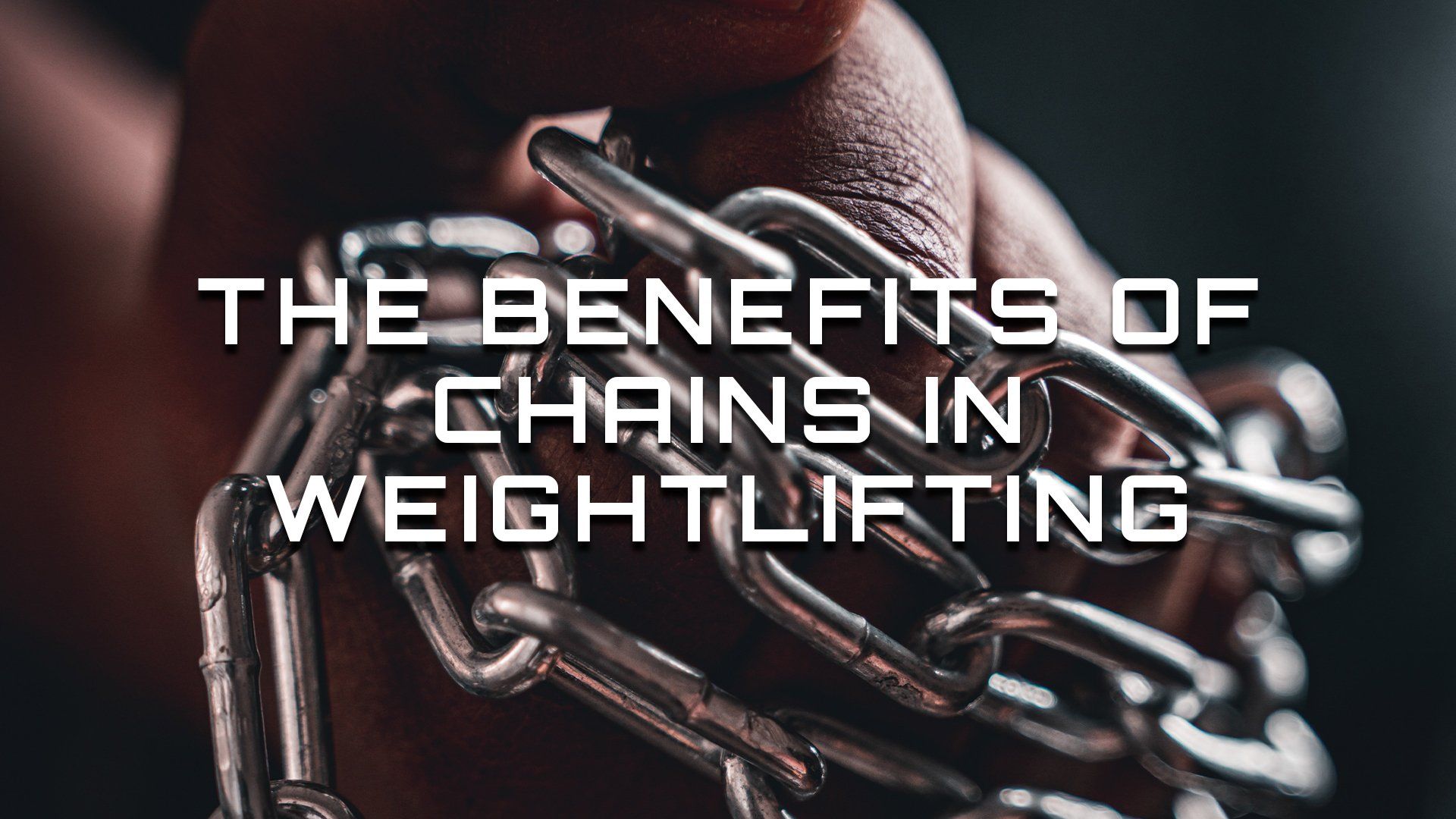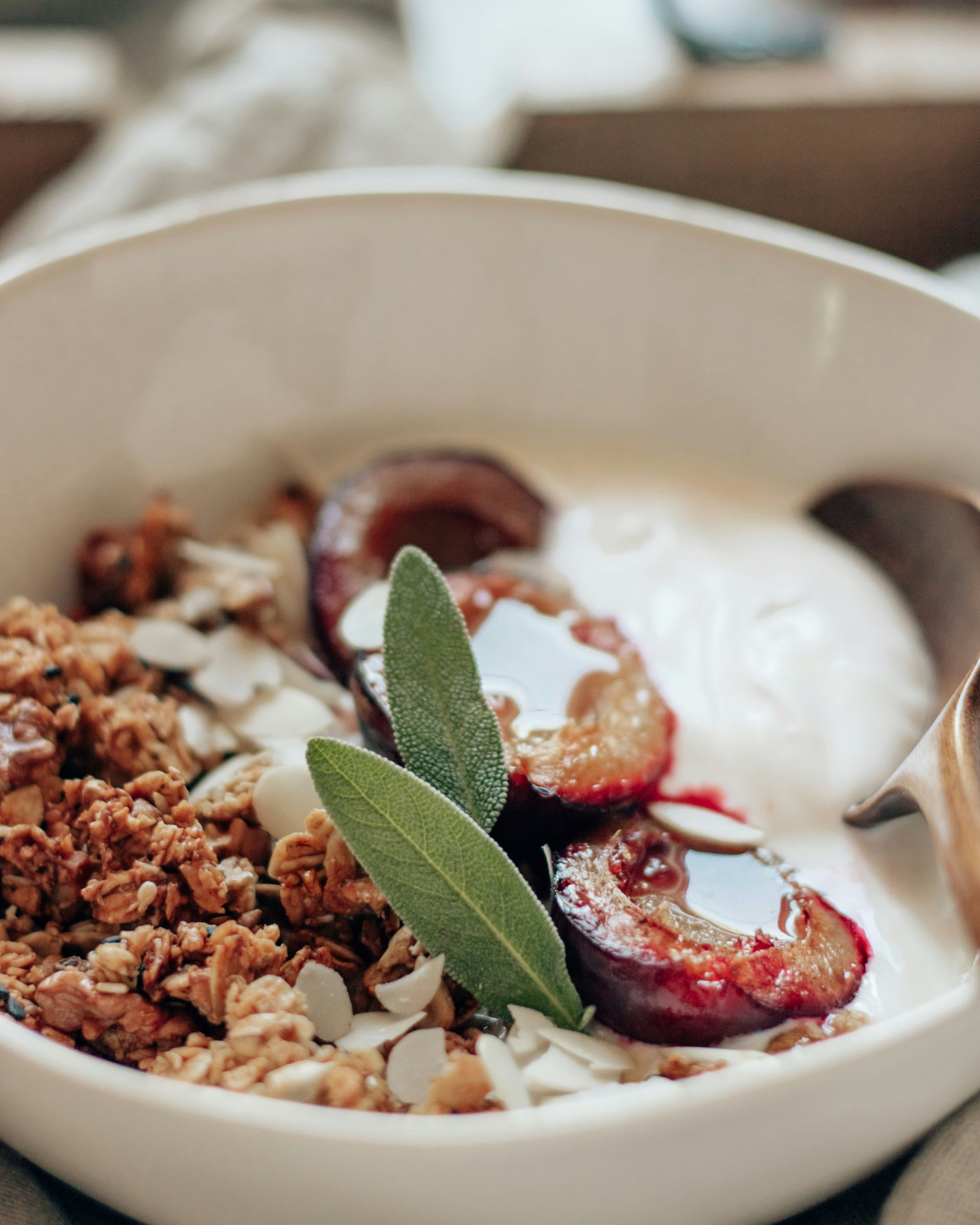
Location: Evolve Gym, South Ruislip
The Benefits of Using Chains in Weightlifting
The use of chains is widely popular amongst strength coaches and professional athletes worldwide today, the reason why will be explained in this article, but let me talk about myself first:
My aim is to be successful in this industry, and somewhere along the line of my personal training career I was tired of being like ‘everyone else’ and wanted to set myself apart. I looked at what other people are doing, and thought, how can I offer something that they don’t have, something that is research-proven safe and result-driven?
If my aim in this industry is to be at least as half as successful as Ben Bruno, Gunnar Peterson, Nick Mitchell, Sarah Lindsey, then I need to somewhat replicate what they do? A very small aspect of that is the service I provide for my clientele (and myself) at Elite Fitness Performance.
In this example, I incorporate chains into their weightlifting routines. They have their place in anybody’s routine. They’re not mainstream because they require an understanding of exercise science to use, people would misuse them in commercial gyms, they’re awkward to move around and they’re downright noisy.
Here are three reasons why I use them and everybody else should:
They adhere to the strength curve of most exercises
Say for instance, a barbell squat. The strongest position is the top, and the weakest position is the bottom, that is anatomically unchangeable. Attaching chains to either end of the barbell will ensure weight of the overall load will increase and decrease as you become anatomically stronger (on the way up) and weaker (on the way down). This is because, as you descend in the squat more links of the chain will rest on the floor, thereby decreasing the overall load attached to the barbell.
Other examples include bench press, deadlifts, rack pulls, military presses.
Hang them on the body
You can easily change the resistance profile of an exercise to give you a better bang for your buck, by hanging chains around your neck during RDLs, your ankles during a bird dog row, or around your hips during a hip-bridge exercise, examples are shown below. Is grip a limiting factor in doing hand-held dumbbell work? E.g., trap bar squats? I get my clients to either wear a weightlifting vest or hang chains on their necks, some people will need a neck cushion though. If your gym is tight in space, it may be hard to do zercher walk variations, but with chains you can hang them on your forearms/elbows and go for a walk.
Overcome plateau’s
If you’re struggling to hit a new bench press, squat, or deadlift PR, a good idea would be to overload the strongest point of the lift by +10% of your previous PR with chains, alternatively you can use resistance bands too.
Safer than plates
They may not look safe, but as explained before the overall load is lightest at the weakest anatomical point where you’re most likely to pick up knee, lower back, hip, or shoulder injuries. Chains will decrease the likelihood of this occurring.
Stabilization/Offset/Proprioception training
Another dynamic chains add to an exercise is the perturbative/swinging aspect of it when left to hang on the ends of barbells. This is fantastic for unilateral exercises and a select few bilateral exercises to target anti-rotational/anti-lateral aspects of the kinetic chain which you would normally ignore.
The unforgiving thing about this method, is that the more the load displaces your core and alignment, the more aggressively the chains swing thereby forcing you to fail the exercise. So, the quieter and still the chains are in the given exercise the more efficient your body is at handling external random forces. This pertains to core stabilization; a few examples will be shown below.New Paragraph
You look badass
Except for going for a 250kg deadlift/squat/bench PR and the entire gym stopping to look at you, the second most badass feeling in the gym is walking in with chains around your neck looking like Dwayne ‘The Rock’ Johnson.
if you’re interested in Personal Training, or Online Training and have a few issues you need me to resolve with regards to your performance, fitness, or health, scroll down and grab my email :)
#ptlondon #personaltraining #personaltrainer #health #fitness #fitnessmotivation #workoutmotivation #gym #core #abs #athletics #athletic #inertiawave #edgecrossx #ruislip #evolvegymsouthruislip #personaltrainer #personaltraining #ptlondon #workout #underarmour #ruislip #bodytone #weightloss #transformation #exxentric #exxentricfam #sports #athleticsgame #football #rugby #cricket #tennis #golf #basketball #chains #

Start Today!
Ready to transform your fitness journey? Take the first step towards achieving your goals with personal training!
My take on Health and Fitness



